
Aktuelno
Članak
Brammertz: There is nothing heroic in burning down the villages
The Hague Tribunal is not a political institution and it did not process the nation but those responsible for grave war crimes and violations of the Geneva Convention, the Hague chief prosecutor Serge
.jpg.webp)
'The Hague Tribunal is not a political institution and it did not process the nation but those responsible for grave war crimes and violations of the Geneva Convention', the Hague chief prosecutor Serge Brammertz told Slovenian magazine Delo.
- Convicted offenders are not the soldiers who fought for their country, their villages and families, but commanders who were killing war prisoners protected by the Geneva Convention. There is nothing heroic in burning down the villages, forced evictions, or mass rape, Brammertz said.
He shared that he is currently continuing with his work in The Hague to ensure a smooth transition of the Tribunal to so called 'residual mechanism'. The remaining proceedings in the cases Stanisic and Simatovic, and appeals by Karadzic and Mladic will be dealt with by the said mechanism, which is very important as the mechanism will render support to trials for war crimes before the national courts.
- There are more than 3,000 unsolved cases of war crimes, in BiH alone. Our office is in possession of 9 million pages of documents about the conflict in former Yugoslavia and all the information is at disposal of the national investigative offices, Brammertz explained.
According to Brammertz, the current situation relative to trials for war crimes as the part of reconciliation process is not favorable.
- The proceedings that are under way in Serbia, Croatia and BiH are slow, and quality of the cooperation between prosecutor's offices of those countries is poorer than before, due to the lack of necessary political will among other things, he explained.
- When it comes to investigating war crimes, BiH and Serbia have to come up with a new strategy for the prosecutor's offices. We will certainly make note of that issue in our report which we are preparing for the UN Security Council. Unfortunately, the quality and volume of cooperation among the countries of former Yugoslavia in that realm has been decreasing, Brammertz revealed to Slovenian 'Delo'.
#English
Najnovije
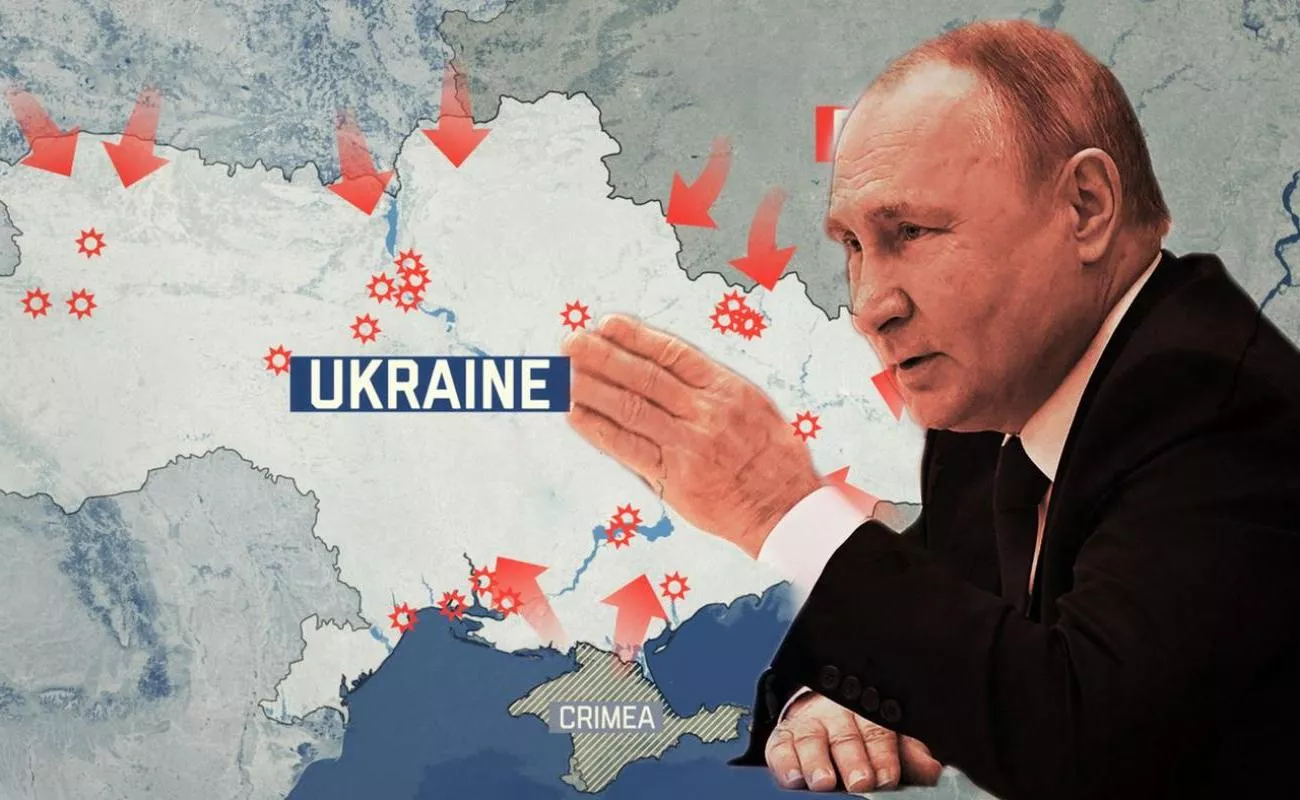
Četvrta godišnjica ruske agresije na Ukrajinu: Putinova greška koja Rusiju mnogo košta
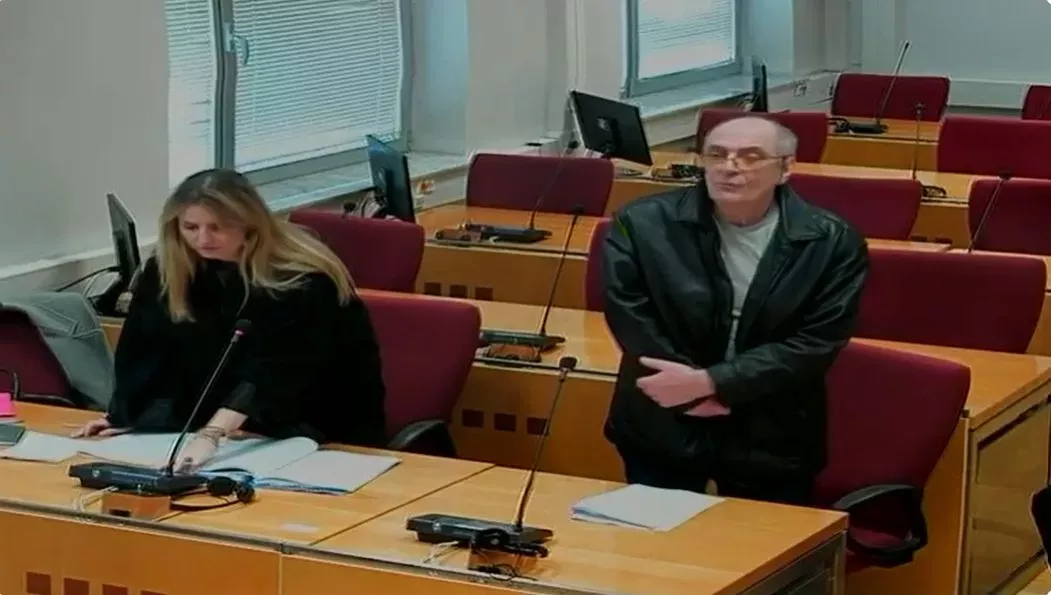
Zločinac Dragoljub Kunarac uz mjere zabrane pušten na slobodu
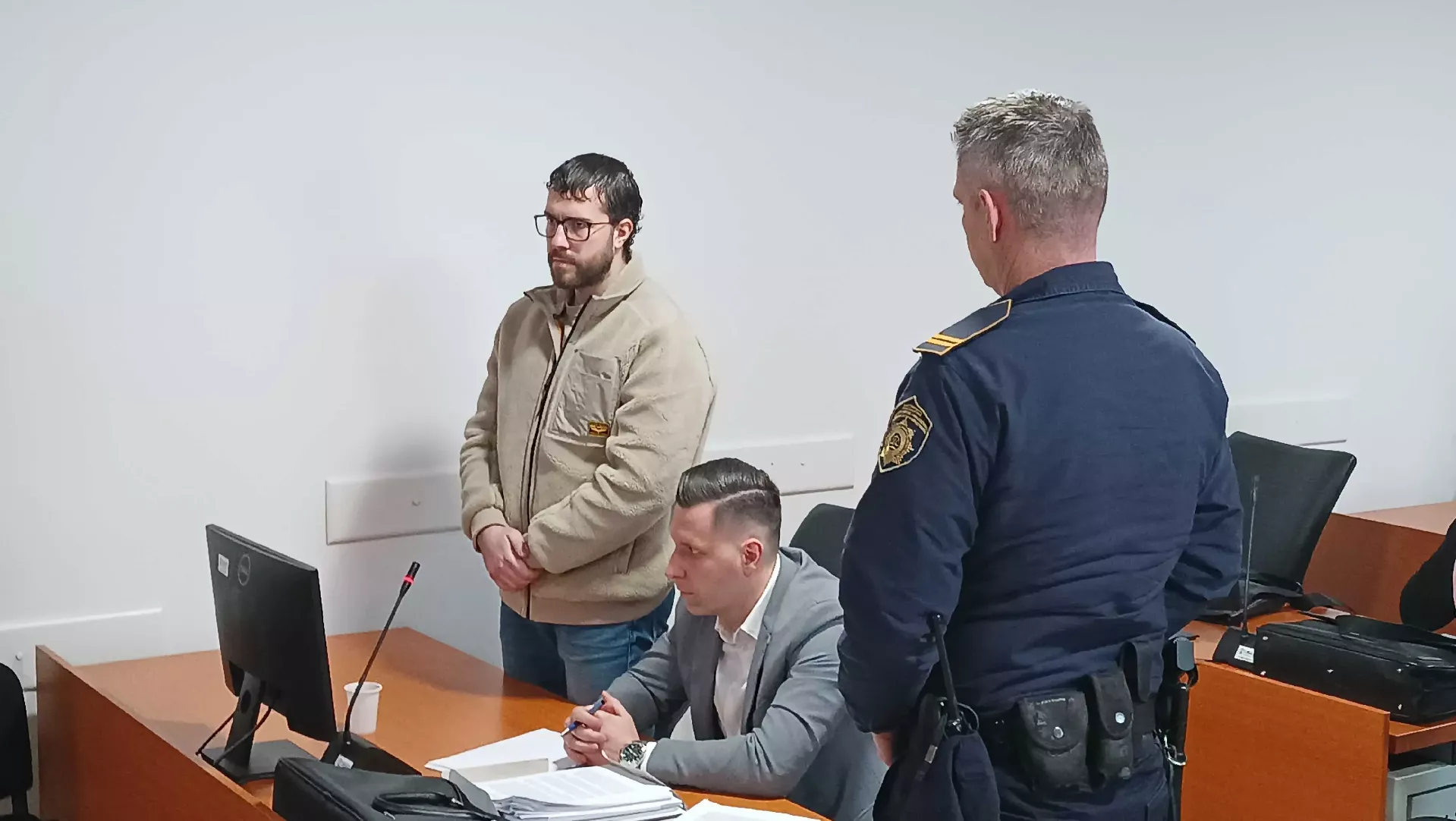
Ukinut pritvor Ahmedu Kastratiju, optuženom za ubistvo Saše Vilušića u Tuzli
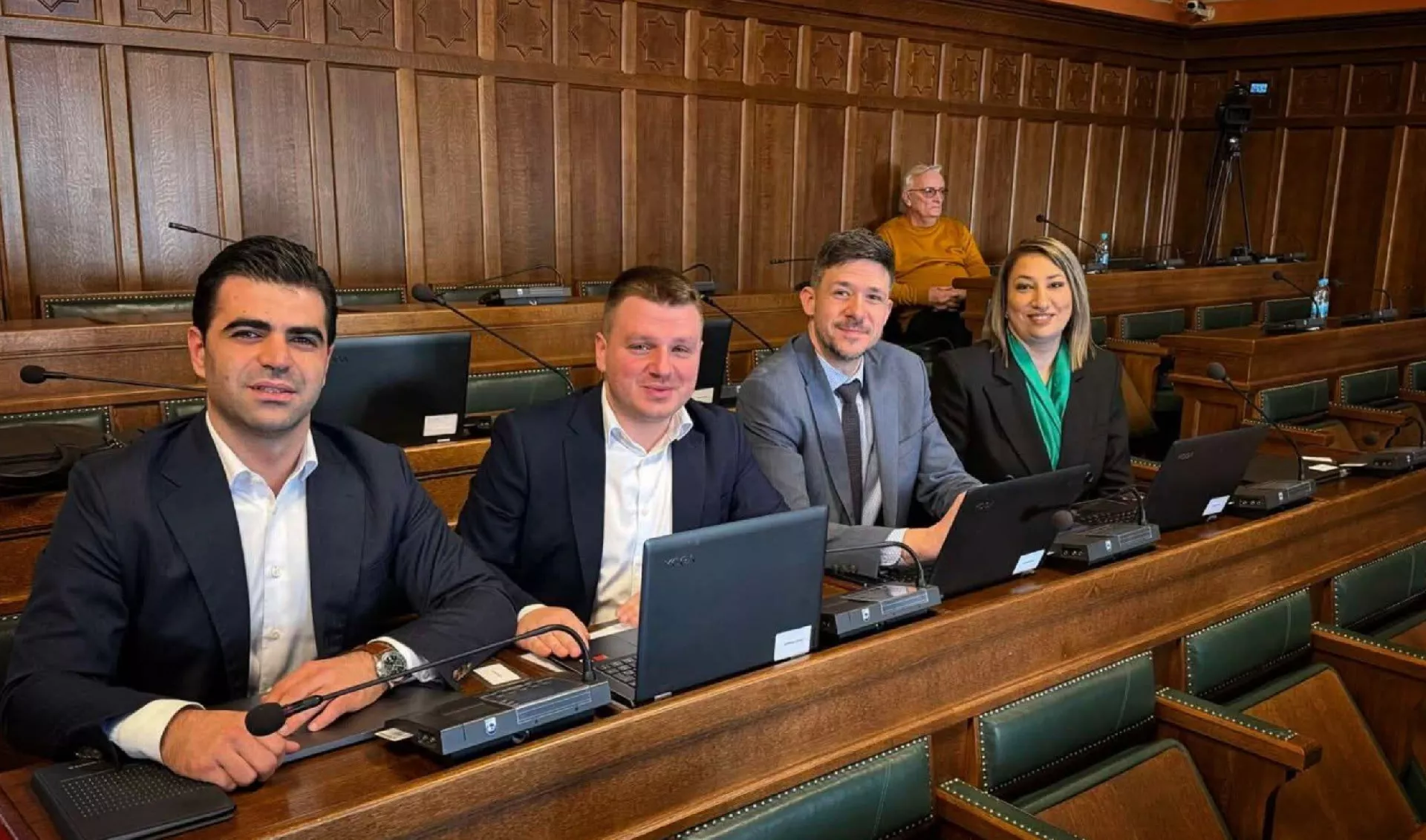
Klub vijećnika SDA u Gradskom vijeću: Sarajevo u ovom trenutku nema zakonito izabranog gradonačelnika
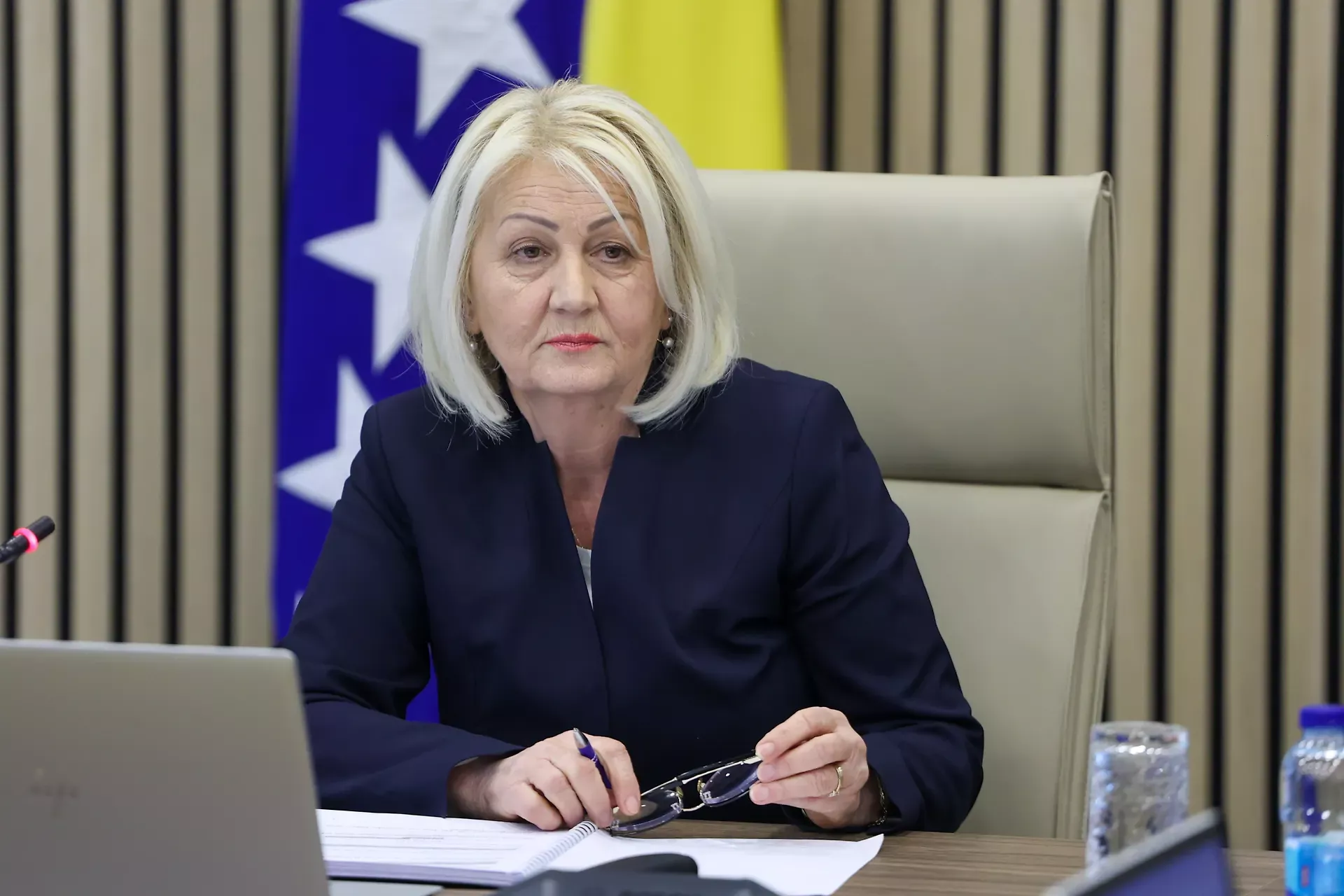
Krišto: Vijeće ministara BiH u potpunosti podržava projekt Južne interkonekcije
Najčitanije
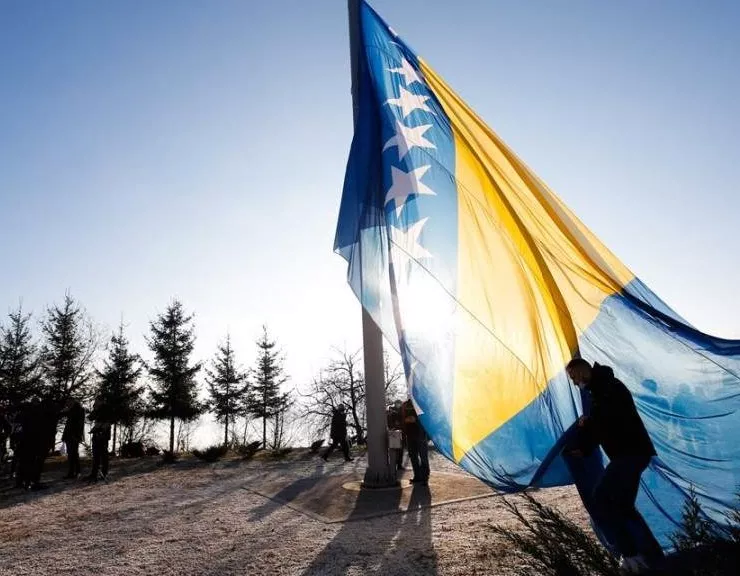
Dan nezavisnosti BiH obilježava se 1. marta i ne prenosi se, Hota-Muminović proglasila i 2. mart neradnim danom?
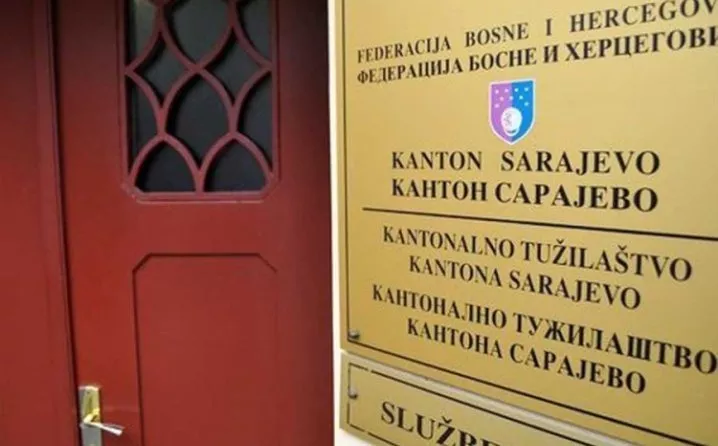
ŠTETA I UK NE ZNAJU Tužilaštvo KS neće provoditi istragu o dugu KJKP Gras zbog neplaćanja poreza i doprinosa
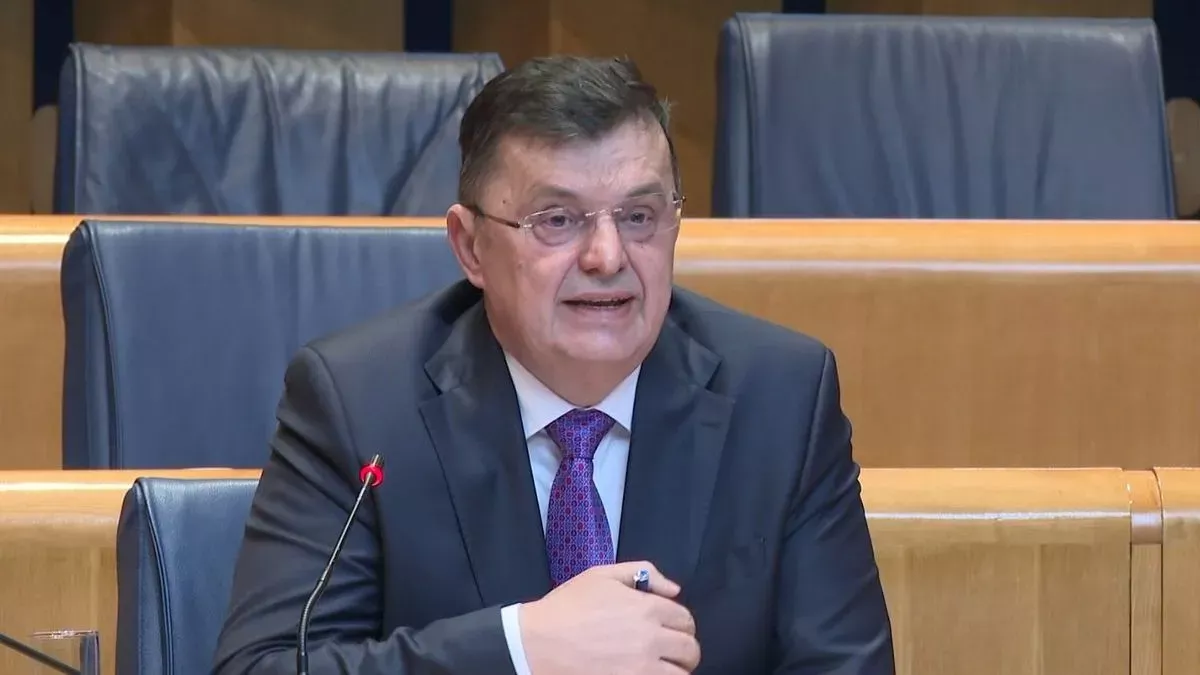
Komisiji za borbu protiv korupcije stigle prijave: Ko unaprijed gradi carinske terminale za UIO i kome se pogoduje
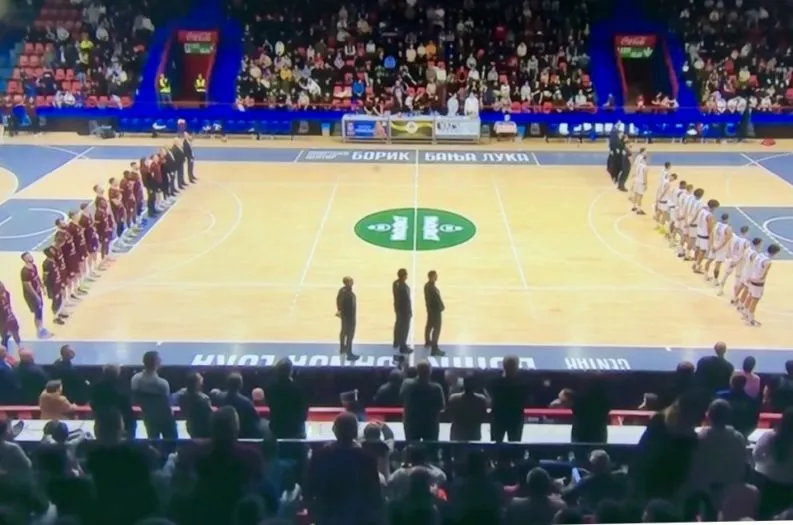
UTAKMICA BORCA I BOSNE U Banja Luci izviždana i prekinuto intoniranje himne BiH
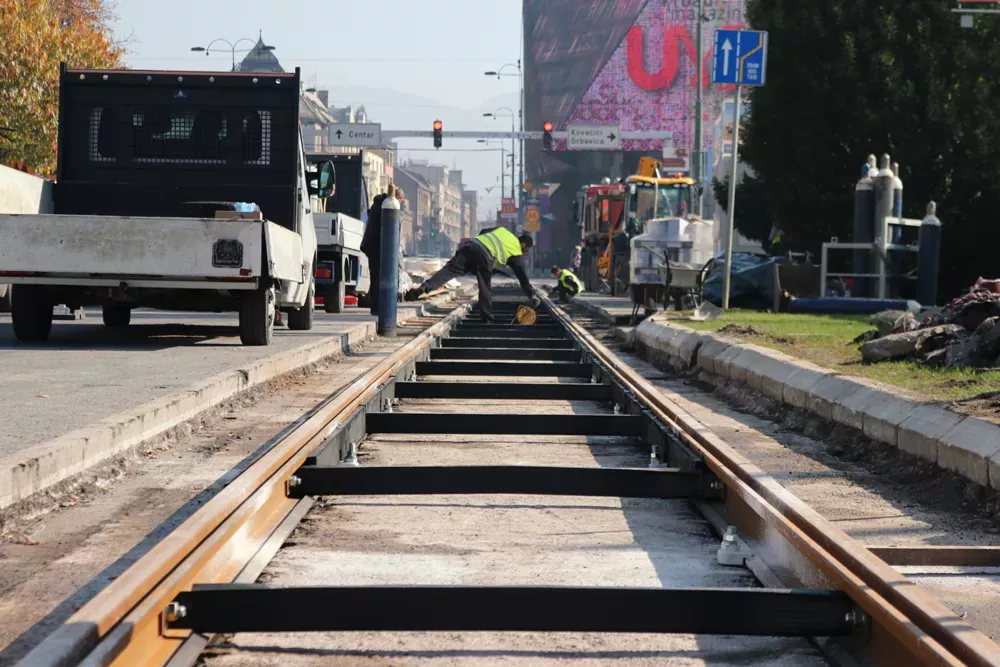
Vlada KS: Rekonstruisana tramvajska pruga ima sve upotrebne dozvole
